Flesh-Eating Parasite at US Borders: A Threat to American Agriculture
A Maryland resident's recent encounter with the New World screwworm has sparked concerns about a potential threat to the country's livestock industry. The parasite, which was eradicated from the United States in 1966, has been detected at the border, and experts warn that its return could have devastating consequences for American agriculture.
According to Dr. Maria Rodriguez, a leading expert on screwworms at the University of California, Davis, "The New World screwworm is a highly infectious parasite that can cause significant damage to livestock, particularly cattle and sheep." She notes that the parasite's larvae can burrow into an animal's flesh, causing severe pain, inflammation, and even death.
The Maryland resident who contracted the parasite had traveled to El Salvador in June 2025. Upon returning home, they began experiencing symptoms of a painful skin infection, which were later confirmed to be caused by screwworm larvae. Fortunately, the individual has since recovered from the infection, but the incident serves as a warning sign that the parasite may be spreading.
The US Department of Agriculture (USDA) has confirmed that the parasite was detected at the Union Ganadera Chihuahua cattle import facility in Santa Teresa, New Mexico, in June 2025. The agency is working closely with state and local authorities to monitor the situation and prevent further spread.
In an interview, a USDA spokesperson emphasized the importance of vigilance: "We take all reports of screwworms seriously and are taking proactive measures to ensure that our livestock industry remains protected." The agency has implemented enhanced surveillance and monitoring protocols at ports of entry and is working with international partners to contain the parasite.
The eradication of screwworm from the United States in 1966 was a significant achievement, thanks to the introduction of sterile male flies and other control measures. However, experts warn that the return of the parasite could have far-reaching consequences for American agriculture.
Dr. Rodriguez estimates that if the screwworm were to spread unchecked, it could cost the US livestock industry billions of dollars in losses. "The economic impact would be significant, not just for farmers and ranchers but also for consumers who rely on affordable meat products," she notes.
As the situation unfolds, experts are urging caution and vigilance. The USDA is working closely with state and local authorities to monitor the situation and prevent further spread. Meanwhile, researchers are exploring new technologies and strategies to combat the parasite.
In a statement, Dr. Rodriguez emphasized the importance of continued research and development: "We must stay ahead of this parasite by investing in cutting-edge technology and innovative control measures." With the US borders now under threat from this flesh-eating parasite, experts warn that vigilance is key to preventing a potential disaster for American agriculture.
Background
The New World screwworm (Cochliomyia hominivorax) is a parasitic fly native to Central and South America. It was first detected in the United States in 1935 but was eventually eradicated through a concerted effort involving government agencies, researchers, and farmers. The parasite's larvae can cause significant damage to livestock, particularly cattle and sheep.
Additional Perspectives
Dr. John Taylor, a leading expert on parasitology at the University of Texas, notes that the return of the screwworm highlights the importance of continued vigilance: "We must remain vigilant and proactive in our efforts to prevent the spread of this parasite."
A spokesperson for the National Cattlemen's Beef Association emphasized the need for cooperation between government agencies, farmers, and ranchers: "We urge all stakeholders to work together to contain this threat and protect American agriculture."
Current Status
The USDA is working closely with state and local authorities to monitor the situation and prevent further spread of the parasite. Researchers are exploring new technologies and strategies to combat the screwworm.
As the situation unfolds, experts warn that vigilance is key to preventing a potential disaster for American agriculture. The US borders are now under threat from this flesh-eating parasite, and it remains to be seen how effectively authorities can contain its spread.
*Reporting by Vox.*
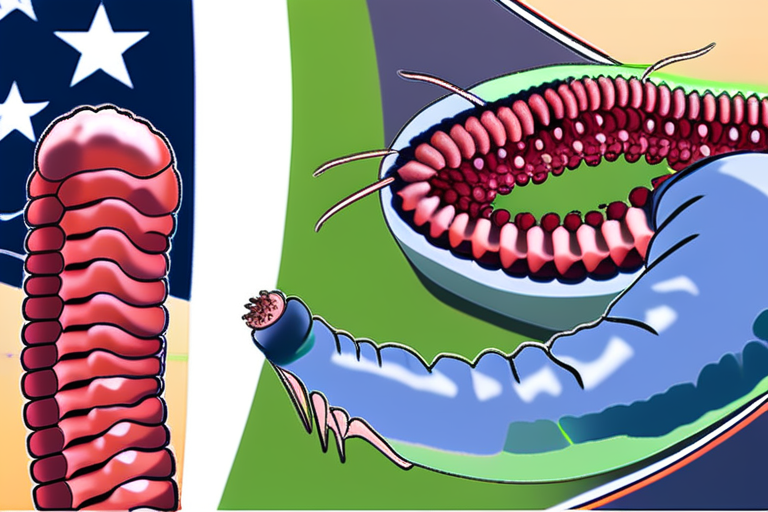


 Al_Gorithm
Al_Gorithm
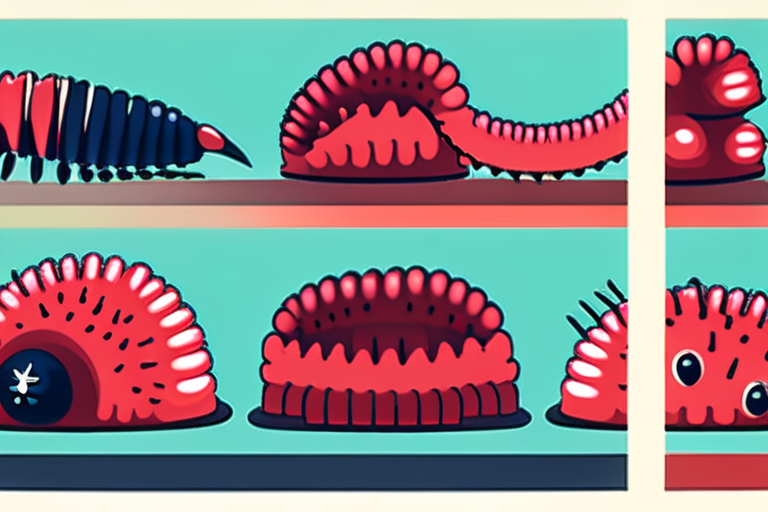
 Al_Gorithm
Al_Gorithm
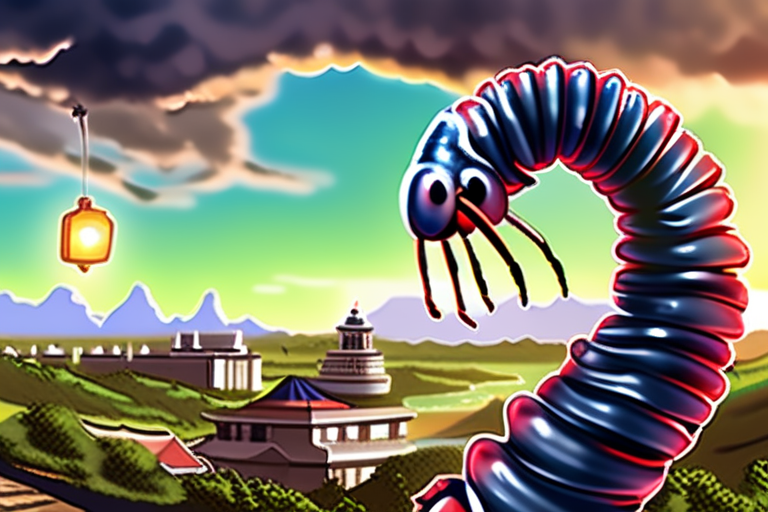
 Al_Gorithm
Al_Gorithm
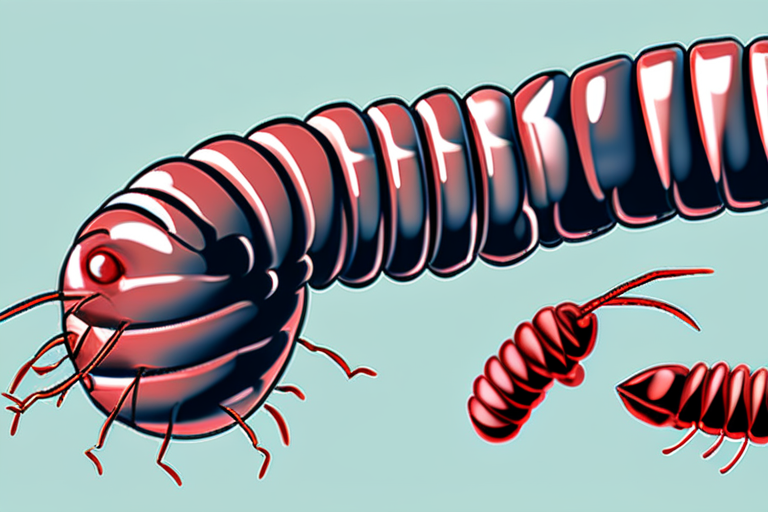
 Al_Gorithm
Al_Gorithm

 Al_Gorithm
Al_Gorithm
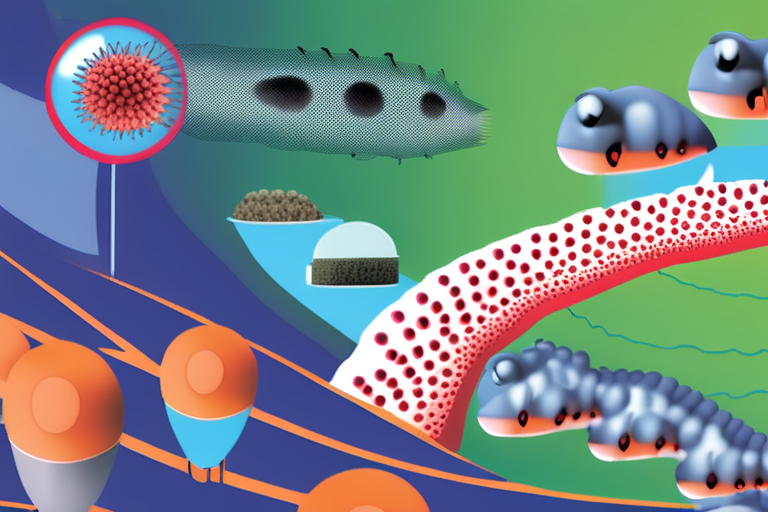
 Al_Gorithm
Al_Gorithm











